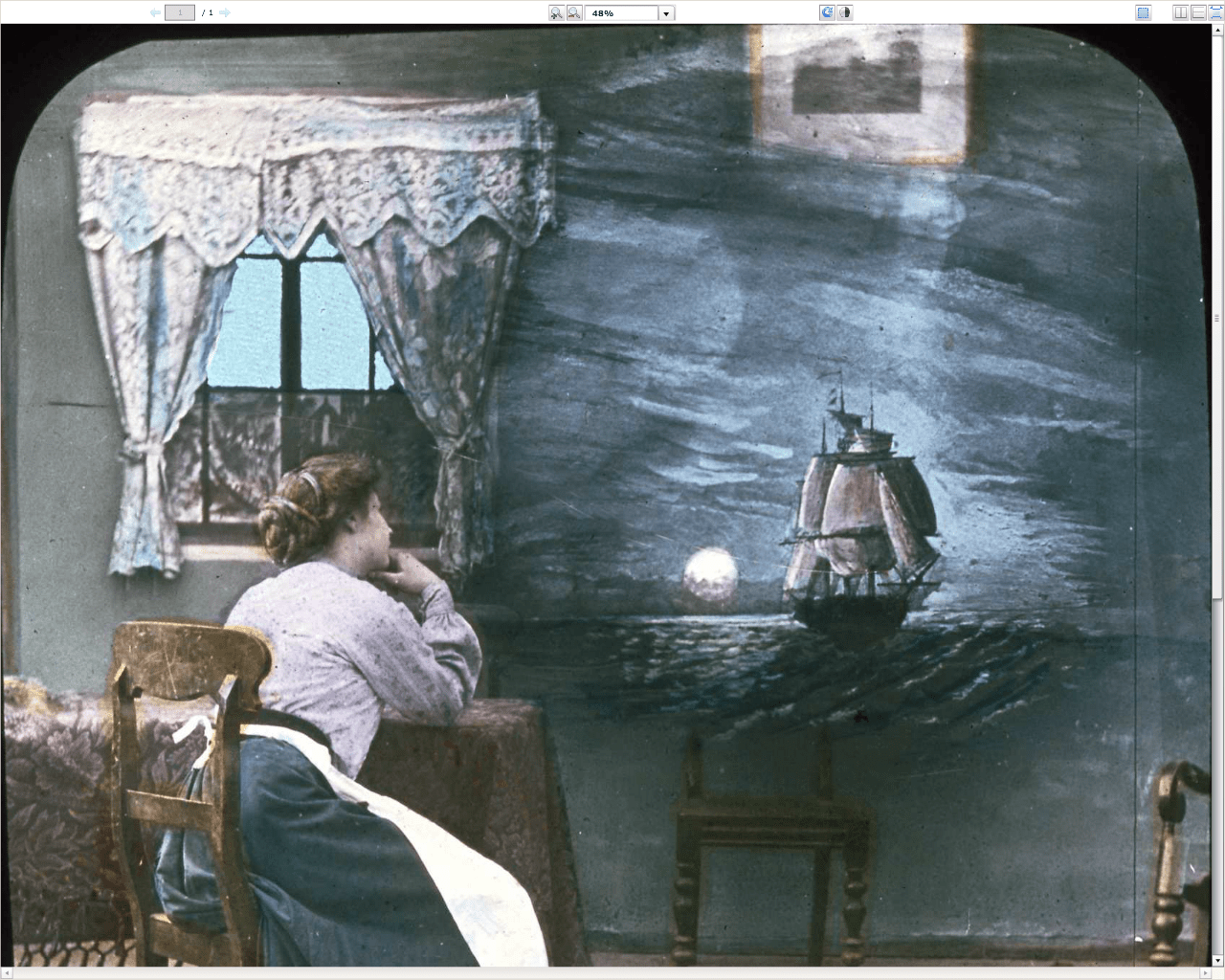In this blog post, PhD student Meg Ison explains what she teaches and how she introduces students to primary source research skills at the University of Portsmouth. She also explores the new module of Women’s Studies Archive, Voice and Vision, and the fascinating insight it can give students into women’s involvement and influence in colonialism.
class
Trouble in Toxteth: Representations of the 1981 Riots in Liverpool in the National Press
By Megan Murphy
Although Toxteth (an inner-city area of Liverpool) is now a proud and diverse community – one that is home to many independent businesses, local street markets and an urban regeneration project that was awarded the Turner Prize in 2015 – it is an area with a troubled past. In July 1981, four consecutive days of rioting in Toxteth resulted in the hospitalisation of 258 police officers, 160 arrests, 150 buildings being burnt to the ground, and countless businesses looted, with more destruction and injuries in the weeks that followed.[1]
Elbows off the table
By Alice Clarke
“Elbows off the table” is a phrase familiar to most ears, an order we were told as a child and to which the only response was obedience and, for me, an internal eye-roll of frustration.
For this is an etiquette that transcends generations, centuries and traditions, and yet is something that no one appears to explain why it exists. The only answer I could ever muster from my parents and grandparents is the ever-evasive “it’s rude to have your elbows on the table”, and that was meant to be enough to pacify us.
But why is it rude? Elbows aren’t unhygienic, unsafe or indeed disrespectful in any other setting than touching the wood of the dinner table.
And yet, to this day, I still sit with my elbows off the table – seemingly engrained into my very subconscious, this rule still governs the comfort of my eating despite the fact I moved away from home to university over two years ago.
To gain some sort of understanding of what this rule originally meant, a quick search of Gale Primary Sources allowed me to trace the notion of “elbows off the table” through history across multiple primary sources, allowing me to form my own theory of this particular western etiquette.



